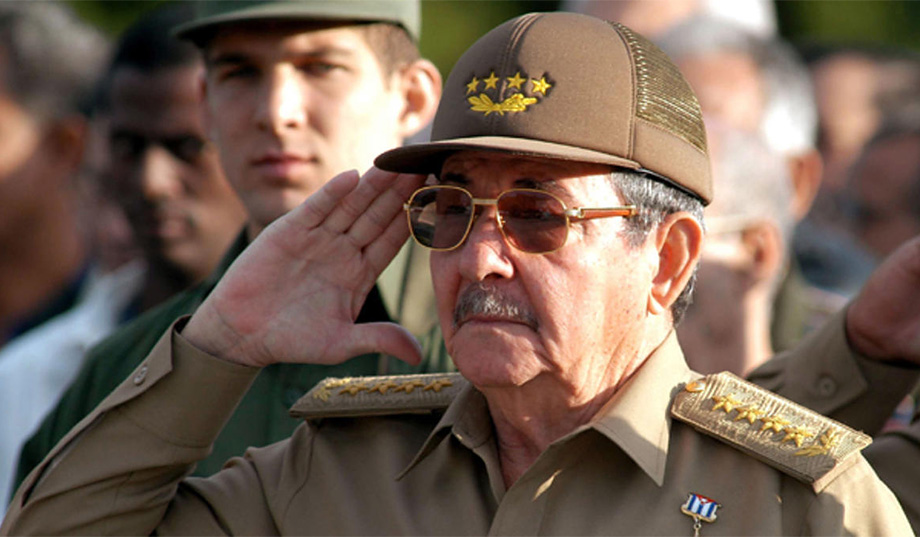Hey Obama… Cuba Is a State Sponsor of Terror
 The most senior U.S. delegation in decades will soon be in Havana to engage a declared enemy of the United States in discussions about “normalizing” relations. Covering much more subject matter than routine migration issues, these meetings stem in large measure from the December 17 return of spies to Cuba who are responsible for American deaths.
The most senior U.S. delegation in decades will soon be in Havana to engage a declared enemy of the United States in discussions about “normalizing” relations. Covering much more subject matter than routine migration issues, these meetings stem in large measure from the December 17 return of spies to Cuba who are responsible for American deaths.
Obama sent three Cuban spies back to the island, trading them for the release of American Alan Gross. Mr. Gross had been held hostage for five years for the “crime” of teaching Jewish Cubans how to connect to the Internet. As part of this lopsided deal, the Obama administration also declared American policy a failure and offered a large basket of potential economic and diplomatic benefits.
This was a significant ideological and political victory for the Communist regime. And there are more rewards in the offing. Administration officials are reportedly considering removing Cuba from the U.S. list of state sponsors of terrorism — a request Raul Castro made in May 2014 and one that the Cuban regime has made many times in recent years. Under Section 6(j) of the Export Administration Act, a country’s designation as supporting acts of international terrorism may be rescinded in only two ways. Cuba is not ready to come off that list. Quite the opposite.
In the first instance, the President must certify to the Congress that there has been a fundamental change in the leadership and policies of the government in question, as was the case with Iraq after the removal of Saddam Hussein. There is no legitimate way that administration officials can make such a claim with respect to Cuba. Moreover, the criteria for determining such a systemic transformation is clearly defined in the LIBERTAD Act, known as the Helms-Burton law. For starters, as stated in the law, Fidel and Raul Castro cannot be part of the governing structure.
That leaves only the second option for removal from the list. To remove Cuba’s terrorism designation, the president would need to submit a report to Congress, 45 days prior to the proposed removal, certifying that 1) the regime has not provided any support for international terrorism during the preceding six months and 2) the government has provided assurances that it will not support acts of international terrorism in the future. Most would agree that Cuba fails on both counts.
Cuba has supported and provided safe haven to members of the Basque Fatherland and Liberty (ETA) and the Revolutionary Armed Forces of Colombia (FARC). Both are U.S.-designated Foreign Terrorist Organizations (FTOs). The Obama administration would therefore need to remove ETA and FARC from the FTO list, before removing Cuba from the state-sponsors-of-terrorism list. Both actions are untenable at this time. Unless Spain’s foreign-policy establishment is about to make a radical shift in thinking, ETA remains a terrorist organization and there are ETA sympathizers in Cuba who are wanted for terrible crimes against the Spanish people. As for FARC, despite the faux peace process in Havana the past few months, it continues to carry out violent acts in Colombia, has no plans to lay down arms anytime soon, and has links to al-Qaeda in the Lands of the Islamic Maghreb (AQIM).
The “April 2014 State Department Country Reports on Terrorism,” however, implied that the only role the Castro regime had with FARC was facilitating travel for the “peace talks” between these terrorists and the Colombian government. It further stated that the ETA presence in Cuba is diminished. It would appear that a kinder-and-gentler Cuba narrative is being written to accommodate a preconceived policy outcome.
